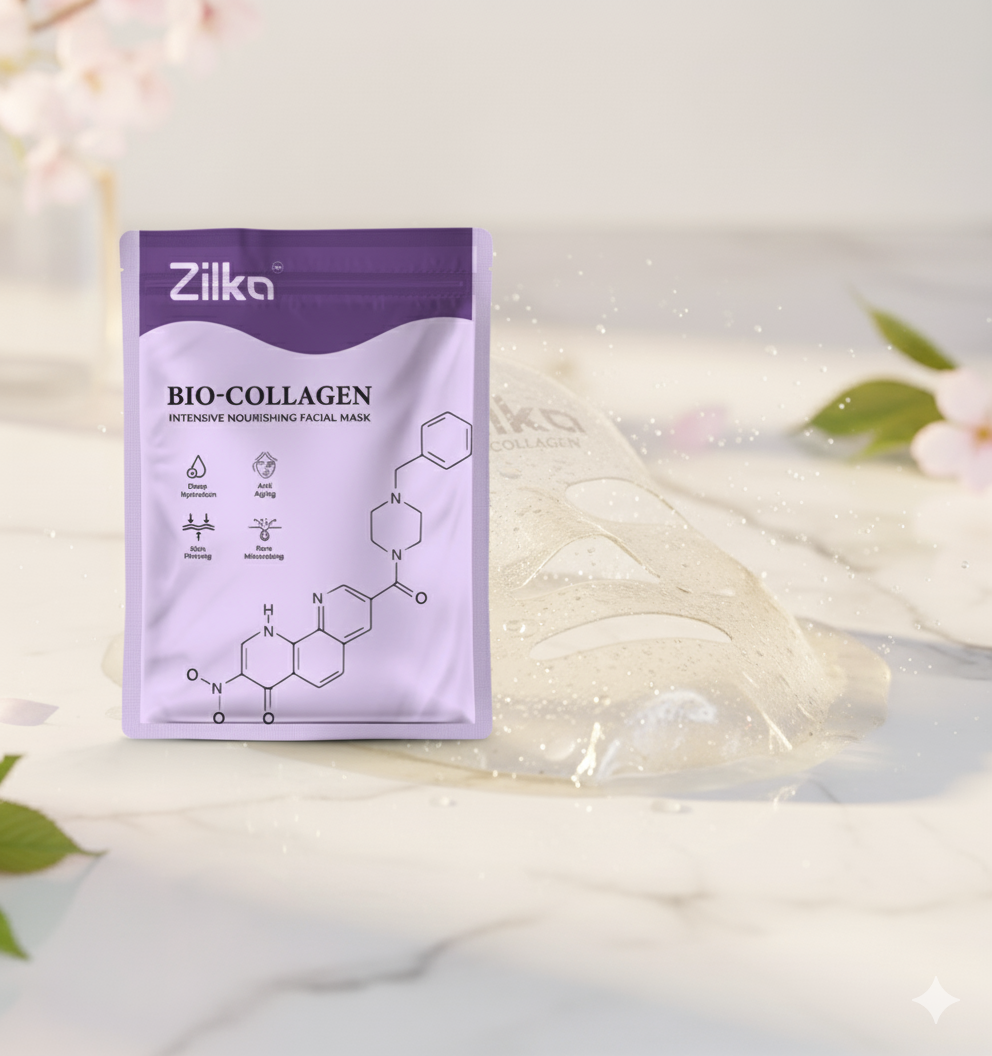
Bovine vs. Marine Collagen: Decoding the Differences and Choosing Your Perfect Match
Introduction
You've decided to take the plunge and add a collagen supplement to your wellness routine. But as you start to explore your options, you're faced with a crucial decision: bovine vs. marine collagen. These are the two most popular sources of collagen on the market, and while they both offer a host of benefits, there are some key differences between them. From the type of collagen they contain to their bioavailability and potential uses, understanding the nuances of bovine and marine collagen is essential for choosing the perfect match for your individual needs. This article will decode the differences between these two collagen powerhouses and help you make an informed decision.
The Source: Where Do They Come From?
The most obvious difference between bovine and marine collagen is their source.
-
Bovine Collagen: As the name suggests, bovine collagen is derived from cows, specifically their hides, bones, and muscles. It's a by-product of the beef industry, making it a readily available and often more affordable option.
-
Marine Collagen: Marine collagen is sourced from fish, typically their skin, scales, and bones. It's a popular choice for pescatarians and those who avoid beef products.
The Collagen Type: What's the Difference?
As we've discussed, there are many different types of collagen in the human body. Bovine and marine collagen supplements differ in the types of collagen they primarily contain.
-
Bovine Collagen: Bovine collagen is a rich source of Type I and Type III collagen.
-
Type I collagen is the most abundant type in the human body and is a key component of our skin, bones, tendons, and ligaments.
-
Type III collagen is often found alongside Type I and is important for the structure of our muscles, organs, and arteries.
-
-
Marine Collagen: Marine collagen is primarily composed of Type I collagen.
This difference in collagen type is what makes each source better suited for different wellness goals.
The Benefits: Which One is Right for You?
Because of their different collagen profiles, bovine and marine collagen are often recommended for different purposes.
-
Bovine Collagen: The All-Rounder for Skin, Bones, and Joints
-
With its high concentration of Type I and Type III collagen, bovine collagen is an excellent all-around choice for supporting the health of your skin, hair, nails, bones, and even your gut.
-
The presence of Type III collagen makes it particularly beneficial for promoting skin elasticity and reducing the appearance of wrinkles.
-
It's also a good choice for those looking to improve bone density and support overall joint health.
-
-
Marine Collagen: The Beauty Booster for Skin Hydration and Elasticity
-
Because it's almost exclusively Type I collagen, marine collagen is the go-to choice for those who are primarily focused on the beauty benefits of collagen.
-
It's been shown to be particularly effective at improving skin hydration, firmness, and elasticity.
-
If your main goal is to combat the signs of aging and achieve a more youthful complexion, marine collagen is an excellent option.
-
Bioavailability: Which One is Better Absorbed?
One of the most significant differences between bovine and marine collagen is their bioavailability, which refers to how easily they are absorbed and utilized by the body.
-
Marine collagen has a smaller particle size than bovine collagen. This means it can be broken down and absorbed more easily by the body. Some studies suggest that marine collagen is absorbed up to 1.5 times more efficiently than bovine collagen.
-
This superior bioavailability is another reason why marine collagen is often hailed as the best choice for skin health, as it can be more readily delivered to the skin cells where it's needed most.
Cost and Sustainability
-
Cost: Generally speaking, bovine collagen tends to be more affordable than marine collagen. This is simply due to the fact that it's more readily available as a by-product of the beef industry.
-
Sustainability: When it comes to sustainability, marine collagen often has the edge. It's typically made from parts of the fish that would otherwise be discarded, making it a more environmentally friendly option. When choosing a marine collagen supplement, look for one that is sourced from wild-caught, sustainably harvested fish.
Taste and Smell
-
Bovine collagen is generally considered to be more neutral in taste and smell, making it a good choice for mixing into a variety of foods and drinks.
-
Marine collagen can sometimes have a slight "fishy" taste or smell, though most high-quality brands have a refining process that minimizes this.
The Verdict: How to Choose
So, how do you choose between bovine and marine collagen? Here's a quick summary to help you decide:
-
Choose Bovine Collagen if:
-
You're looking for a good all-around collagen supplement for skin, bone, and joint health.
-
You're on a budget.
-
You're not a fan of fish.
-
-
Choose Marine Collagen if:
-
Your primary goal is to improve skin hydration and elasticity.
-
You're looking for a highly bioavailable collagen supplement.
-
You follow a pescatarian diet or avoid beef products.
-
Sustainability is a top priority for you.
-
Conclusion
The bovine vs. marine collagen debate ultimately comes down to your individual needs and preferences. Both are excellent sources of collagen and can provide a wide range of health benefits. By understanding the key differences between them, you can make an informed decision and choose the collagen supplement that is the perfect match for your unique wellness journey. Whether you opt for the all-around support of bovine collagen or the beauty-boosting power of marine collagen, you'll be taking a proactive step towards nourishing your body from the inside out.

